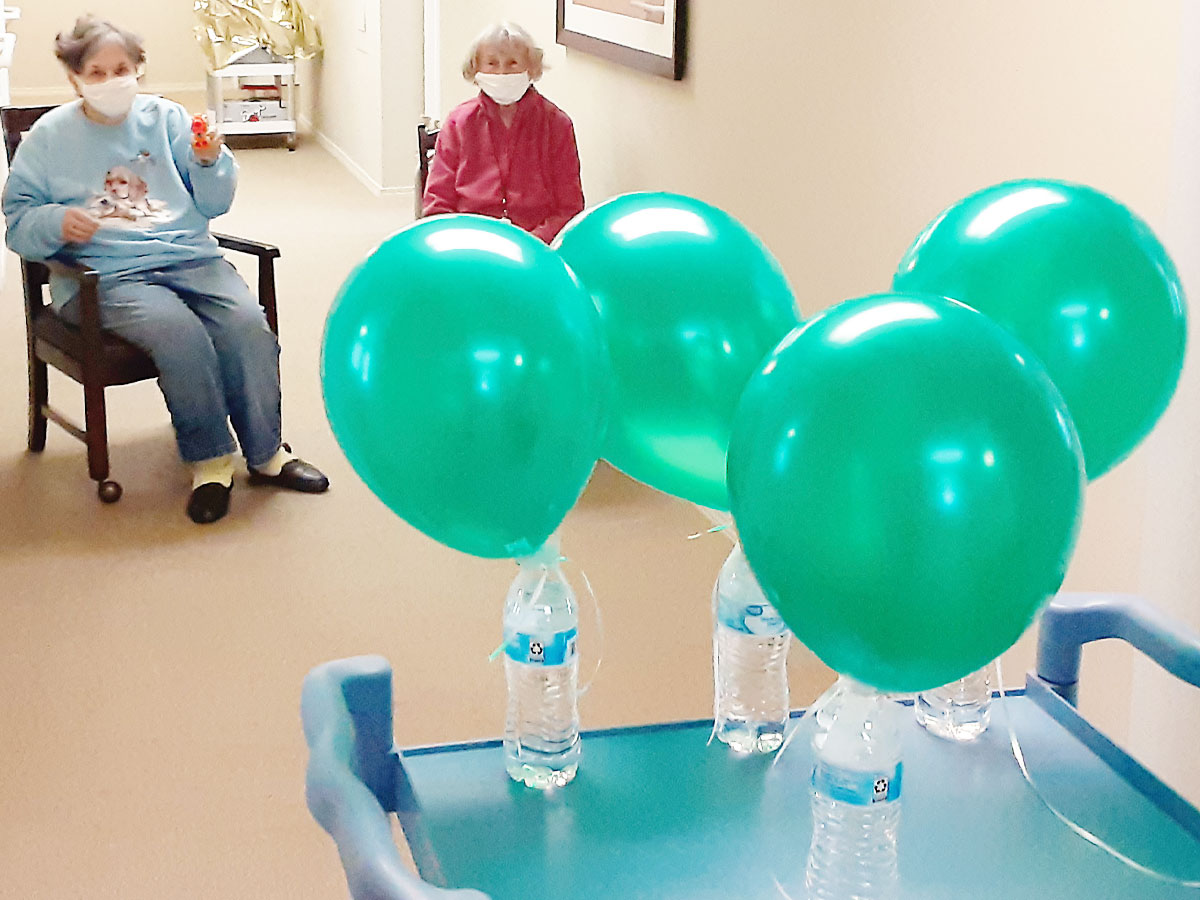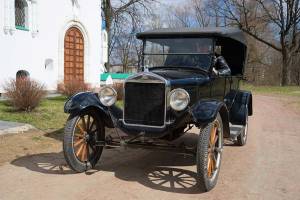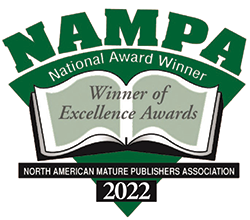Part 2 of a Series on the COVID-19 Vaccinations
Montanans are known for being tough, resilient, and resourceful. When Covid put the brakes on life for the past year, active seniors found workarounds to fight back, stay busy, and live full lives.
Walking improves physical, mental, and spiritual health. Flathead Valley resident David, 71, rediscovered the simple pleasure last spring when his job in the casino industry temporarily shut down. He and his wife, Rita, a retired nurse, began to take strolls through their neighborhood. They became acquainted with other families who were also walking.
“It’s nice to see everybody out—moms and dads, grandma and grandpa, kids and dogs. Kind of like the Fifties,” said David.
Rita recalled visiting a young family who lives a few streets away. Their dog had recently given birth to nine Labradoodle puppies. “They invited us to play with them in their back yard,” she said.
Daily strolls became a habit. If you can’t go one day, you kind of miss it.” said David.
The couple rediscovered the neighborhood where they’ve lived for 35 years with a new appreciation. Plus, after watching worrisome TV news stories, walking turned into a welcome diversion.
For many retirees, volunteer work is an important activity that contributes to their communities. But, because of Covid, high-risk age groups could no longer pitch in at hospitals, food banks, or other charitable organizations. Nevertheless, eager volunteers found alternative ways to help.
Joe Russell, chief of the Flathead City/County Health Department, is gratified by the large number of senior volunteers who stepped up to assist at the mass vaccination clinics at the fairgrounds.
“People are so grateful. [The vaccine is] a way back to normalcy,” he said.
Volunteers at the clinics wear color-coded vests according to their duties. Triage workers, in yellow, greet people and check them in when they arrive for their appointments. Registration workers wear green. Operations personnel, in blue, guide people from station to station and disinfect tables between clients. In a waiting area, red vests identify retired doctors and nurses who monitor folks for possible adverse effects.
The system runs efficiently with minimal delays, thanks to senior volunteers. A newly vaccinated woman commented, “What took the longest was the fifteen minutes after the shot when I had to sit and wait [in case of reaction]. The whole process was very smooth.”
For five years, retired psychologist and author Ann Minette-Coleman of Whitefish has volunteered for Court Appointed Special Advocates (CASA), which assists children under court supervision, in foster care, or who have been removed from troubled homes.
Since Covid, Ann had to adapt to continue meetings with her young clients.
“Now I keep in touch directly on the phone, text, and Facebook messenger,” she said.
Because their relationship with her is often the only stability in their young lives, Ann said she is determined to maintain contact.
She’s worked with one boy, now 17, for years. “I’ve grown to love this kid,” she said. “He lives in a guardianship up in the North Fork. I visited him outdoors at his home a few times, maintaining distance.”
Now that she’s vaccinated, she hopes to resume lunches with him at the Nite Owl in Columbia Falls as they’ve done in the past.
The nonprofit group Writing Coaches of Montana (WCM) has helped students develop good writing skills for 26 years.
According to writing coach Director Rita Braun, seniors play an important role in the success of the program.
“They typically have the most available time during school hours and are dependable participants,” she said.
To keep up a busy pace, volunteers now use Google Classroom for online meetings instead of meeting in-person. Rita said last year 98 coaches, including many seniors, conducted 3,592 coaching sessions with 1,742 students.
A bonus resulting from Covid is the ability to connect volunteers with students who live in distant parts of the state. Previously, coaches could only help children within their own local district. Volunteer Laure Pengelly Drake enjoys that aspect because “it allows us to work with students [who are] hours away from our usual territory.”
However, other challenges of the pandemic are harder to overcome. WCM coach Judy Anderson of Hamilton noted a different problem.
“For some students, constant fiddling with their masks is an added distraction when they’re already struggling to focus on their writing and talk about it,” she said.
For seniors living in residential communities, imaginative caregivers adapted to provide safe recreation during quarantine. At facilities across Montana operated by The Springs, lively games of nerf ball and hall bowling focus on physical wellbeing. In good weather, walks outside in fresh air are encouraged.
Staff members recognize the importance of contact with family and friends for emotional health, so they set up the “Looking Glass.”
The large, freestanding, plexiglass shield separates residents and visitors, allowing them to safely spend time with loved ones.
Brenda Connelly, chief operating officer for The Springs, said staff members serve as advocates for their residents, sometimes questioning blanket regulations that might adversely affect the elderly residents in their care.
“We need to balance risk with quality of life,” she said.
To keep their minds active, many seniors turn to online lectures and discussion groups about subjects of interest geared for their needs.
The Springs in Whitefish launched “Community Conversations,” monthly Zoom presentations with guest experts who talk about downsizing to smaller homes, health, and finance, as well as hosting a dementia support group.
The Immanuel Lutheran communities in Kalispell offer online programs from the Glacier Institute, where residents learn about Montana history, geology, plants, and wildlife.
The Villas has an active mystery book club that hosts local authors who speak to the group via Zoom. Those presentations are also available to the public at large.
Although Covid impacted seniors in negative ways, many still adapted with good humor and resilience. In spite of the pandemic, they remained physically active while enriching their minds and spirits. Plus, they reached out to help friends, family, and community.
Isn’t that what a full life is all about? MSN










